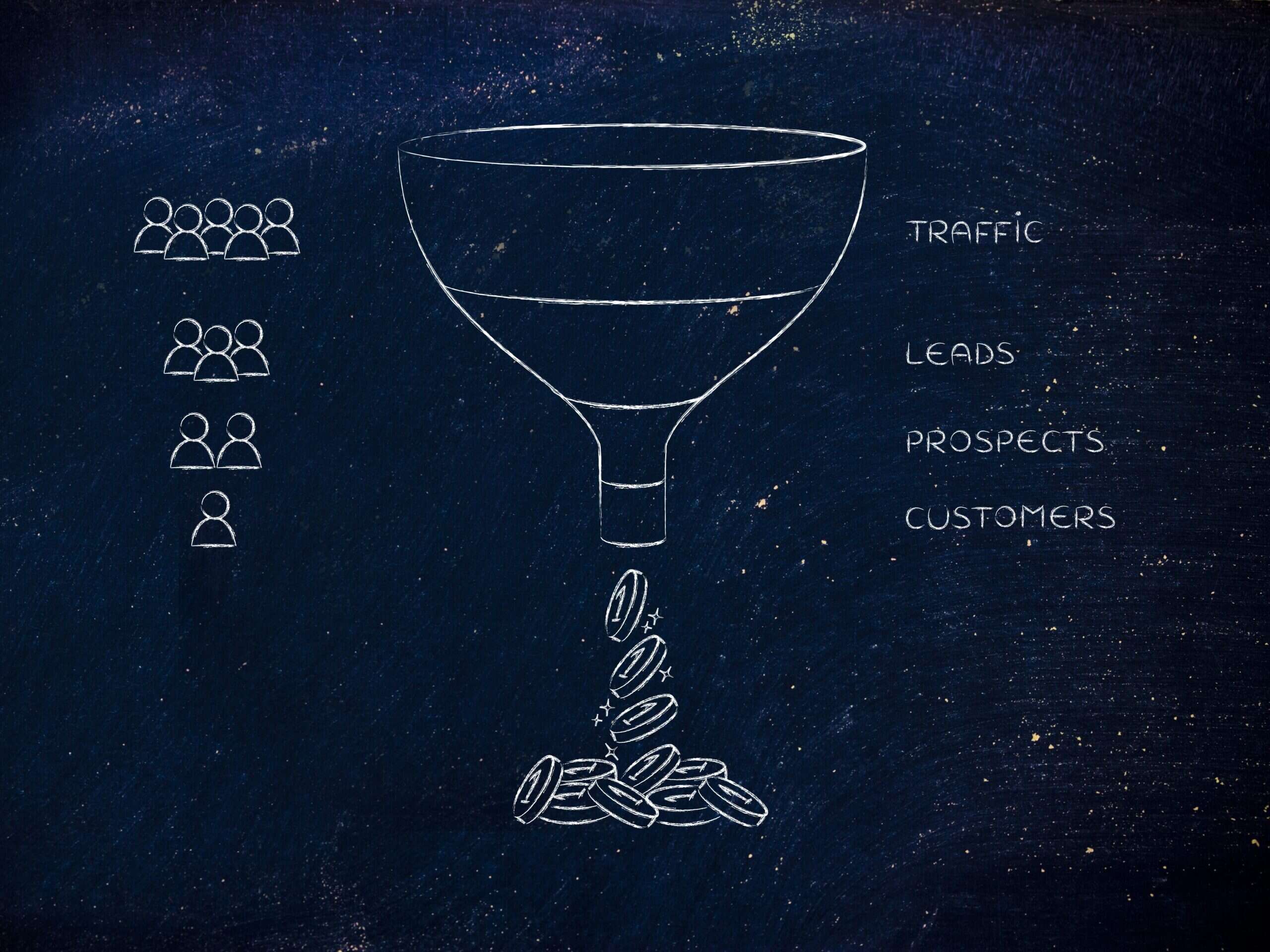
Lead Monitor surveyed B2B marketing industry leaders to find out what their priorities are when it comes to lead-generation tactics.
According to its research, generating leads is the top priority for businesses, ranking number one for marketing investment over the next year – way ahead of upgrading team skills and management.
Here are the three biggest take-homes from the Lead Monitor* survey.
[To find out more about the future of marketing, download Lead Monitor’s white paper – B2B marketing after a pandemic: 8 key lessons for senior marketers]
1/ Technology is vital in lead generation
There is no doubt that marketing still has an old school versus new school image problem. Throughout Lead Monitor’s survey, senior marketers had conflicting views on the reliance of tech in campaigns.
Management was pinpointed as being “out of touch” with marketing technology, while others suggested the human factor was being increasingly overlooked.
The answer seemingly lies in the intelligent application of tech alongside innovative and strategic human planning – after all, what is automation (currently used in 49% of responders’ campaigns) if not allowing machines to complete labour-intensive tasks, leaving people to focus on the more important issues?
Four of the most effective smart technologies to invest in are :
- Edge computing – addresses all the limitations of cloud computing; first and foremost, without sending data to the cloud, edge computing enhances security and privacy
- Propensity modelling with machine learning – enhances the chances that visitors, leads and customers will buy, sign-up or accept an offer
- IP enrichment – determines the domain name associated with each IP address and spits out public-facing, vital data about which company or business was visiting your website
- Artificial intelligence – streamlines and optimises any campaign data with zero errors, while humans bring the storytelling and nuance.
2/ Content is (still) king
Content marketing is regarded as the most efficient method of generating actionable leads – if a potential customer engages with what a brand has to say, they are far more likely to act.
In the Lead Monitor survey, content marketing ranked above brand awareness – second only to generating leads – in terms of the priorities for businesses moving forward.
Storytelling remains central to successful content, but, unlike advertising, it is building an audience who are interested in brand content rather than interrupting them.
So just because many B2B subjects may be more niche, as long as they are well written and appear in front of the right people, the interest – and therefore leads – will always be there.
The top four types of content for generating leads, according to the Lead Monitor survey are:
- Thought leadership – hearing from experts in their fields, up-to-date with industry trends and with plenty of experience to inspire audiences
- Case studies – real-life examples of marketing campaigns that actually worked, ultimately resulting in actionable leads
- Events – networking, keynote speakers, forums and panel discussions are still key to marketing success
- Videos – works across multiple platforms and channels (especially social), this visual medium is omnipresent across all industries.
3/ A clear marketing strategy underpins lead generation
Before each individual digital marketing campaign, the express goal may be to gain actionable leads, but Lead Monitor’s survey reveals a clear divide between the most and least important elements of the planning process.
It may seem trite, but ultimately the more efficient that process becomes, the less budget is spent – which suits every business owner.
The four most important elements for planning a marketing campaign are (according to the survey):
- Setting clear goals aligning to business strategy – companies need to be explicitly clear on defining themselves, and marketing cannot afford a misstep in that communication
- Defining target audience – identifying certain demographics and behaviour can be helped by precision modelling and rich data sets
- Content strategy – ensuring the wealth of content sits on the right platforms, and is optimised for the audience
- Defining clear KPIs – these are constantly shifting in importance, but it is always good to know the latest trends.
*Lead Monitor is the marketing solution of Press Gazette parent company New Statesman Media Group.
Email pged@pressgazette.co.uk to point out mistakes, provide story tips or send in a letter for publication on our "Letters Page" blog
